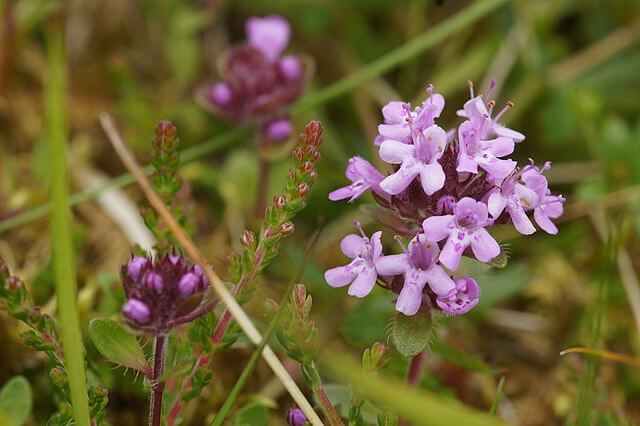
According to a recent study of plant life, parts of Britain’s landscape today would be unrecognisable to someone who grew up just 70 years ago. The survey reveals that non-native species have thrived while some native plants have been adversely affected by modern agriculture and climate change. Botanists counted more non-native than native species in the wild over a 20-year period, and thousands of volunteers counted millions of flora to produce a Plant Atlas covering the UK and Ireland.
Britain is currently one of the most nature-depleted countries in the world, and the loss of biodiversity is the subject of a new BBC documentary, Wild Isles, presented by Sir David Attenborough. One in every five plant species in the UK is listed as threatened. The Plant Atlas 2020 is the third produced by the Botanical Society of Britain and Ireland (BSBI), and the findings are “catastrophic” for native species, according to Kevin Walker, head of science at the BSBI.
“The loss of grasslands, heathlands and other habitats would be really shocking for someone brought up in the 1950s,” he suggests.
The survey shows evidence for the first time of how climate change is affecting plant life, and the decline in plant life is largely driven by increased land use for intensive agriculture and the use of pesticides in farming. These activities have removed land that flora grow on or altered the nutrient balance in soils. Insect, animal, and human life depend on plants since pollinators must feed on flora and, in turn, help to produce food crops.
The survey also found 10 new plants never before recorded, such as the Saltmarsh Sedge, an Arctic plant found in Scottish salt marshes. And some species were found to be more abundant than thought. That includes the shrub, the Alpine Bearberry, which was found in several new places after intensive recording in remote parts of northern Scotland.
The decline in plant life is devastating for native species, as the areas where half the recorded species naturally thrive has declined since the 1950s. Heather, Alpine Lady-fern, and Devil’s-bit Scabious have decreasing ranges. However, some species, including the Bee Orchid, Early Meadow-grass, and Mossy Stonecrop, have expanded their ranges. Warmer temperatures further north mean that some plants have been able to move into new areas where they can grow, but flora that live on top of mountains are dramatically declining as less snow falls.
The survey’s authors recommend stronger laws to safeguard natural sites and the extension of plants’ natural habitats with sustainable land management to protect plants. They also call for “plant blindness” to be addressed, suggesting that people be taught how to appreciate and understand the importance of flora.
——————————————————————————
At Natural World Fund, we are passionate about stopping the decline in our wildlife.
The declines in our wildlife is shocking and frightening. Without much more support, many of the animals we know and love will continue in their declines towards extinction.
When you help to restore a patch of degraded land through rewilding to forests, meadows, or wetlands, you have a massive impact on the biodiversity at a local level. You give animals a home and food that they otherwise would not have had, and it has a positive snowball effect for the food chain.
We are convinced that this is much better for the UK than growing lots of fast-growing coniferous trees, solely to remove carbon, that don’t actually help our animals to thrive.
This is why we stand for restoring nature in the UK through responsible rewilding. For us, it is the right thing to do. Let’s do what’s right for nature!
Support our work today at https://naturalworldfund.com/ and join in the solution!

